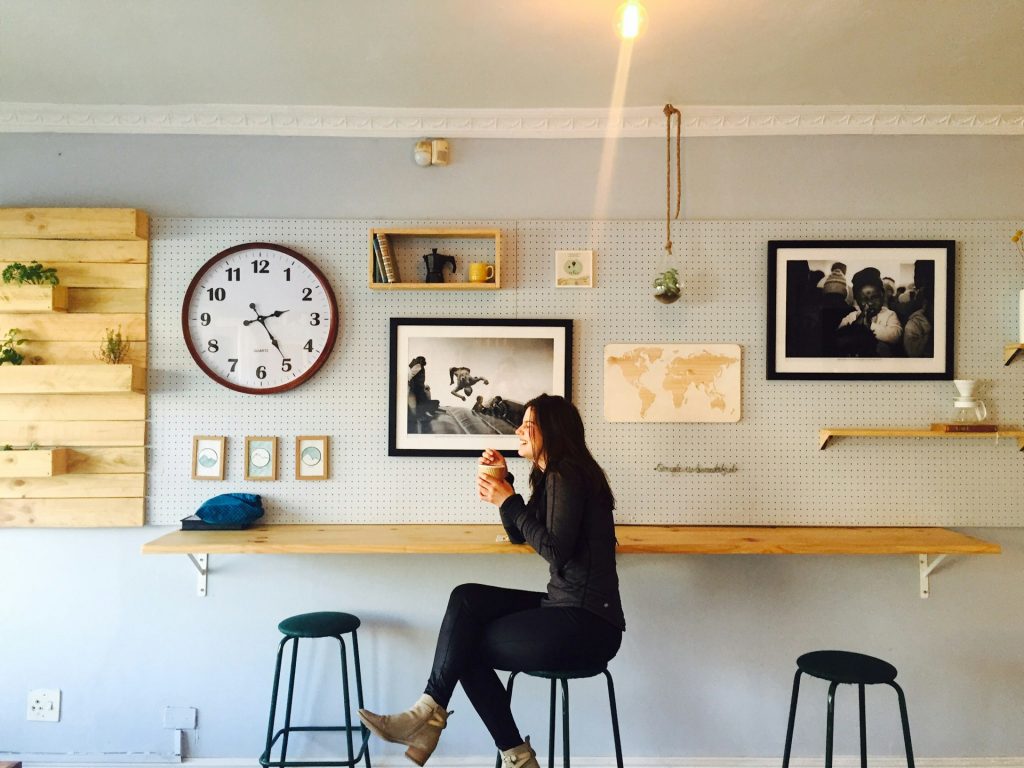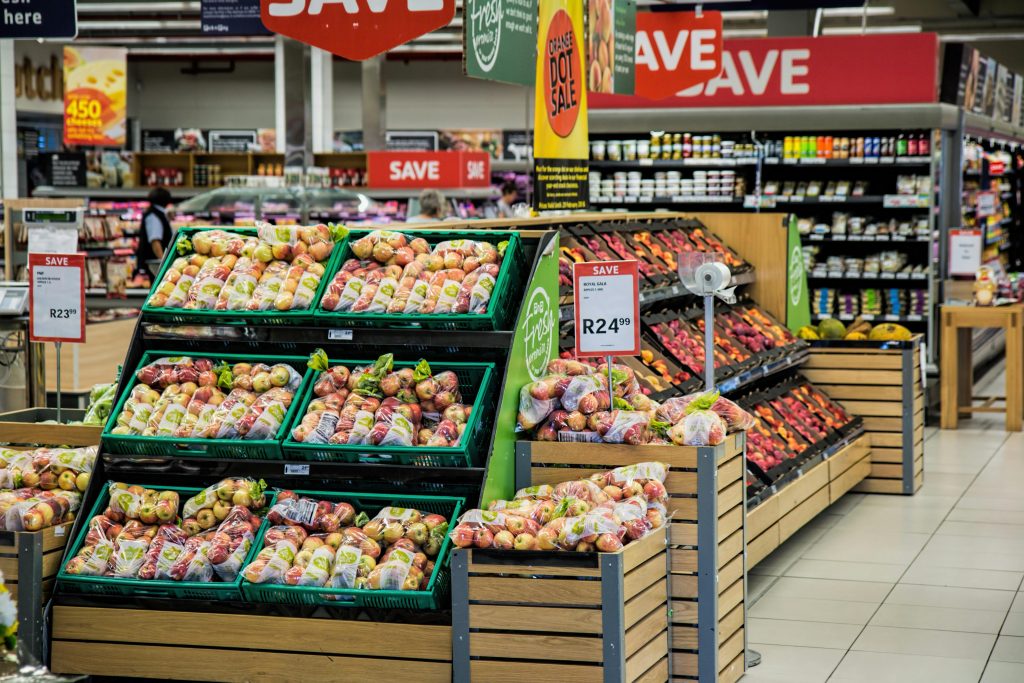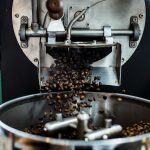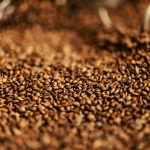Table of Contents
I have watched a coffee shop employee dump an entire shipment of ‘fresh’ beans straight into the trash. Want to know why? Those beans were already three months old before they even hit the shelves. Here’s what your local roaster isn’t telling you about coffee freshness.
The Hidden Timeline of Coffee Freshness
That perfect cup of coffee you’re dreaming about? It starts way before the beans hit your grinder. After years of stalking local roasters and pestering coffee shop owners, I’ve uncovered the real timeline of coffee freshness – and it’s not what most labels would have you believe. Most consumers don’t realize that coffee beans are actually seasonal agricultural products, with distinct harvest times and peak freshness windows that vary by region and variety. Understanding this timeline is crucial for anyone serious about their coffee game.
The Magic 48-Hour Window

Remember that “fresh roasted” sticker on your coffee bag? Here’s the truth: most roasters label their beans as fresh for weeks, but the real sweet spot is just 48 hours after roasting. I’ve spent countless mornings hanging around local roasteries, and I’ve learned their secret schedule. The best time to grab those beans? Tuesday and Friday mornings, when most small-batch roasters do their weekly roasts. Show up then, and you’ll get beans that are literally still warm from the roaster. What many don’t know is that beans actually need a brief resting period after roasting – about 12-24 hours – to develop their full flavor profile. This is why timing your purchase perfectly can make such a dramatic difference in your coffee’s taste.
The Monthly Roaster Schedule
Every roaster has a pattern. Most small shops roast specific beans on specific days. My local favorite does their signature espresso blend every Monday, single-origin beans on Wednesdays, and experimental roasts on Fridays. Getting to know this schedule changed my coffee game entirely. One roaster even confided that they sell their “premium” beans within the first week, while older batches get repackaged as house blends. The real insider tip? Many roasters keep a “preferred customer” list – regulars who get text notifications when special batches are about to drop. Building relationships with your local roasters can get you on these exclusive lists.
The Seasonal Sweet Spot

Coffee has seasons, just like produce. Ethiopian beans typically arrive in late summer, while Colombian harvests hit in early spring. Buying during these peak seasons doesn’t just mean fresher beans – it means better prices too. I’ve tracked prices at three local shops for a year, and without fail, beans are cheapest (and freshest) right after new harvests arrive. The secret that most roasters won’t advertise? They often run “quiet” sales when new harvests come in, trying to clear out older inventory. This is your chance to stock up on premium beans at bargain prices, especially if you know how to properly store them for maximum freshness.
The Subscription Trap
Monthly subscription services sound convenient, but here’s what they don’t advertise: those beans often sit in warehouses for weeks before shipping. Instead, find out when your local roaster does their subscription packing. Mine does it every other Thursday, which means Wednesday night roasting. I stopped by one Wednesday evening and watched them prep – those subscribers get the freshest beans possible. The real problem with most subscription services isn’t just the warehouse time – it’s the lack of control over roast dates and the inability to adjust your delivery timing based on your consumption patterns. Many people end up with too many beans, leading to waste or, worse, stale coffee.
The Grocery Store Gamble

Think those grocery store beans are fresh? Think again. I’ve befriended stock clerks at three different stores, and here’s the inside scoop: most chains receive shipments on Monday mornings, but those beans were roasted weeks ago. However, there’s a hack – some stores mark down “about to expire” beans that are actually hitting their prime roasting age. Check the discount shelf on Sunday evenings.
What most shoppers don’t realize is that grocery stores often rotate their stock based on arbitrary expiration dates rather than actual roast dates. This creates a perfect opportunity for savvy coffee lovers to snag premium beans at discount prices, especially if you know how to properly evaluate bean freshness regardless of the printed date.
The Festival Factor
Coffee festivals and farmers’ markets aren’t just for sampling – they’re gold mines for fresh beans. Roasters bring their absolute best, freshest products to these events. I’ve scored beans roasted that morning at prices that would make my local café blush. The key? Show up early and ask when they roasted their showcase beans. Many roasters actually do special small-batch roasts specifically for these events, often experimenting with unique processing methods or rare bean varieties that never make it to their regular lineup. Building relationships at these events can also get you invited to private cuppings and special roasting sessions.
The Direct Trade Secret
Most people don’t know this, but many roasters sell beans directly from their roasting facility at a discount. These aren’t advertised – you have to ask. I’ve built relationships with two local roasters who text me their roasting schedule. One even lets me pre-order beans from specific roast batches. The real goldmine? Some roasters keep a “friends and family” list for beans that don’t meet their aesthetic standards but taste perfect – these perfectly good beans often sell for half price. It’s like getting insider access to the coffee world’s secret sale rack.
The Storage Solution
You’ve timed it perfectly and got those fresh beans – now what? Every bag of beans has a one-way valve for a reason. Give it a gentle squeeze – if it doesn’t puff out aromatics, those beans are past their prime. Store them in an airtight container, but here’s the twist: the container size should match your bean amount. More air space means faster flavor loss. The biggest mistake people make isn’t just improper storage – it’s buying too many beans at once. Even perfectly stored beans will lose their peak flavor after about three weeks. Consider splitting larger purchases with friends to ensure you’re always brewing at peak freshness.
Don’t Settle for Stale

Understanding these insider rhythms of the coffee world isn’t just about being a coffee snob – it’s about getting the best possible value and flavor from every bean you buy. Your perfect cup is out there, and now you know exactly when and where to find it. Remember, timing isn’t just about the roast date – it’s about understanding the entire journey from crop to cup.

I’m Audrey, a dedicated mother of teenagers with an insatiable love for coffee. On BeanBrewLove.com, I intertwine my need for caffeine with reflections on life. Whether expressing a nostalgic sentiment or injecting a hint of sarcasm, my blog is a reservoir of coffee culture, brewing techniques, and global coffee reviews.




